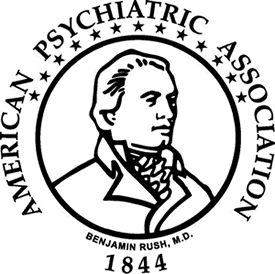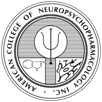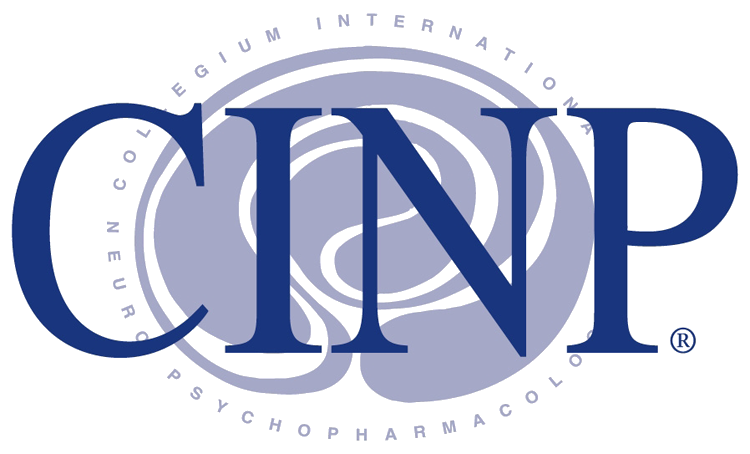The Importance of Annual Physical Exams when taking Psychiatric Medication
 Psychiatric medications are prescribed to patients who suffer from varying degrees and types of mental illness. Clinical depression, mood disorders, anxiety disorders, bi-polar disorder, and ADHD are mental illnesses often treated by doctors with psychiatric medications. Your particular symptoms and the severity of your illness will determine what medication will work best for you. For example, antidepressant medications are often used for those who suffer from anxiety, Post-Traumatic-Stress Disorder (PTSD) and depression. Xanax (Alprazolam), Klonopin and Ativan, although potentially addictive, are used for more severe anxiety, and Panic Disorder. Milder forms of anxiety and panic disorders can be treated with Effexor or Buspar. When prescribed psychiatric medications it is important to visit your internist and your psychiatrist regularly to ensure you receive the most effective treatment. Though psychiatric medications come with side effects, the benefits of remedying your symptoms of mental illness far outweigh these common side effects. Still, it is absolutely crucial that you check in with your internist, cardiologist and/or your endocrinologist every year for a physical exam, no matter how long you have been taking a particular medication. This is the best way to ensure your health and monitor any possible changes in your mental illness or the way your medication affects you.
Psychiatric medications are prescribed to patients who suffer from varying degrees and types of mental illness. Clinical depression, mood disorders, anxiety disorders, bi-polar disorder, and ADHD are mental illnesses often treated by doctors with psychiatric medications. Your particular symptoms and the severity of your illness will determine what medication will work best for you. For example, antidepressant medications are often used for those who suffer from anxiety, Post-Traumatic-Stress Disorder (PTSD) and depression. Xanax (Alprazolam), Klonopin and Ativan, although potentially addictive, are used for more severe anxiety, and Panic Disorder. Milder forms of anxiety and panic disorders can be treated with Effexor or Buspar. When prescribed psychiatric medications it is important to visit your internist and your psychiatrist regularly to ensure you receive the most effective treatment. Though psychiatric medications come with side effects, the benefits of remedying your symptoms of mental illness far outweigh these common side effects. Still, it is absolutely crucial that you check in with your internist, cardiologist and/or your endocrinologist every year for a physical exam, no matter how long you have been taking a particular medication. This is the best way to ensure your health and monitor any possible changes in your mental illness or the way your medication affects you.
Here is a list of common side effects of the most psychiatric medications prescribed:
- Weight gain or loss of appetite
- Irritability or changes in mood
- Tiredness, restlessness and/or drowsiness
- Blurry vision, constipation, trouble starting the urine stream and excess sweating
- Changes in sexual desire or dysfunction
More Severe side effects that call for immediate psychiatric attention include:
- Problems with breathing or cardiovascular issues
- Loss of control of body extremities
- Vomiting, Diarrhea or nausea
- Liver damage
- Kidney damage
For many years we at the Fieve Depression Center have made it mandatory for patients to have an initial and annual physical exam with their private doctor. Here is why:
Adderall is gaining popularity among young children and college students. There are no baseline screening guidelines before prescribing Adderall, but physicians need to be aware that Adderall is contraindicated in patients with known structural heart abnormality, arrhythmia, or hypertension. Inappropriate dosing or taking with alcohol increases the risk of serious cardiovascular side effects like fatal cardiac arrhythmia even without usual underlying cardiovascular risk factors (high cholesterol). Patients presenting with chest pain after taking amphetamine drugs need be evaluated with a EKG for Myocardial Infraction and managed by vasodilating drugs immediately. This is a very important example as to why we require all our patients undergoing psychopharmacology treatment to obtain a physical exam. IT CAN SAVE YOUR LIFE!
Antipsychotic Drugs and You
Antipsychotic drugs are prescribed to treat patients with severe mental illnesses such as Schizophrenia and Bipolar Disorder (manic depression). Antipsychotic drugs such as chlorpromazine, haloperidol, clozapine and many others affect the chemicals in the brain that help combat symptoms of mental illness. One of the more important chemicals triggered by these medication is dopamine. Like other psychiatric medications, these antipsychotic drugs come with side effects that are sometimes more severe. Obtaining a bi-yearly or yearly physical is important when taking these types of medications. Many of these drugs effect the liver and kidney functions. Obtaining a physical exam including blood work and EKG may help save your life. The only way to monitor what is going on in the inside is to obtain a physical .
The side effects associated with psychiatric medications can be managed by regularly visiting with your psychiatrist and internist. The practitioners here at the Fieve Depression Center are highly experienced practitioners who are here to ensure you are receiving the safest and most effective, treatment for your mental illness, but compliance by the patients is also key.
If you would like to schedule a consultation with one of our practitioners to evaluate your symptoms and concerns please call Paula at 212.249.1600 to schedule a comprehensive consultation at the NYC Fieve Depression Center.
















